Congressmen Introduce Blockchain Integrity Act, Suggest Two Year Mixer Ban

Congressman Sean Casten has introduced the Blockchain Integrity Act, a proposal which would place a two year ban on financial institutions "handling, using, or transacting with funds routed through digital asset mixers".
According to a press release issued by Casten's office, “Digital asset mixers are key to allowing illicit actors to instantaneously move massive amounts of money around the globe for criminal purposes without detection.”
Casten further states that “Cryptocurrency has been used to finance terrorist attacks around the world. Half of North Korea’s nuclear program is funded through cryptocurrency theft made possible by mixers. A temporary ban while we study this technology will help us better understand how it is used for illicit purposes, prevent future crypto-funded terrorism, and inform future policymaking.”
Congressman Foster, who co-sponsered the legislation, stated that “Digital asset mixers and other anonymity-enhancing technologies help terrorist groups, state actors, and criminals cover their tracks as they carry out financial crimes that undermine the security of the United States.”
According to Foster, "[t]his legislation would help prevent financial institutions from facilitating transactions involving digital assets that have been routed through mixers and put Congress and our regulatory partners in a better position to develop policies to curb the abuses of emerging money laundering tools in the digital asset ecosystem.”
Co-sponsor Sherman states that "Cryptocurrency’s intention is right there in its name, a form of ‘hidden money'," and that "there is no tool more useful in facilitating that goal than crypto mixers. Terrorist groups, sanction evaders, tax evaders, cyber criminals, etc. all use mixers to obscure their illicit activity.”
The legislation aims to stop financial institutions from handling, using, or transacting with "any incoming funds that have been routed through a digital asset mixer operating on a cryptographically secured distributed ledger" and "any outgoing funds routed directly to a digital asset mixer operating on a cryptographically secured distributed ledger."
The legislation further plans to introduce a study of digital asset mixers, privacy coins, and other "anonymity enhancing technologies" to be conducted by the Department of Treasury focussing on historical transaction volumes, estimates of funds in connection with illicit finance and a description of limitations applicable to data collected in the estimates.
The study should further investigate "legitimate uses" of anonymity enhancing tools, such as transaction volumes associated with journalists located in authoritarian regimes, donations to the government of Ukraine, and for the enhancement of privacy and security purposes.
The legislation proposes to instruct the Office of Foreign Asset Control and federal law enforcement agencies to "track, prevent the transfer of, freeze, and confiscate funds that have been processed through digital asset mixers, privacy coins, and other anonymity-enhancing technologies" and "the extent to which such agencies utilized blockchain analytics firms when preventing the transfer of funds through such methods."
As the old pro-verb goes, what the congressmen don't understand, they'll try to regulate.





